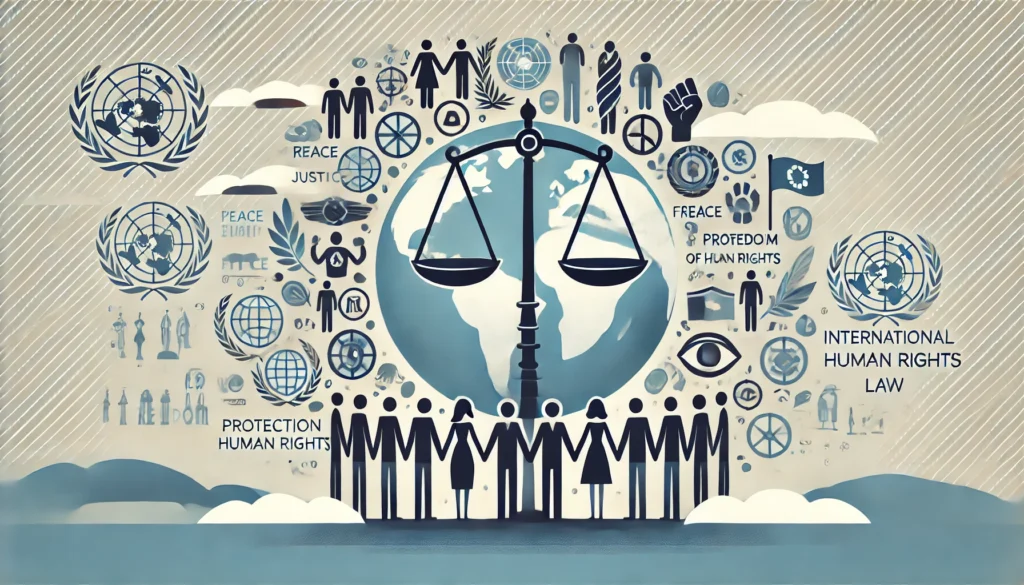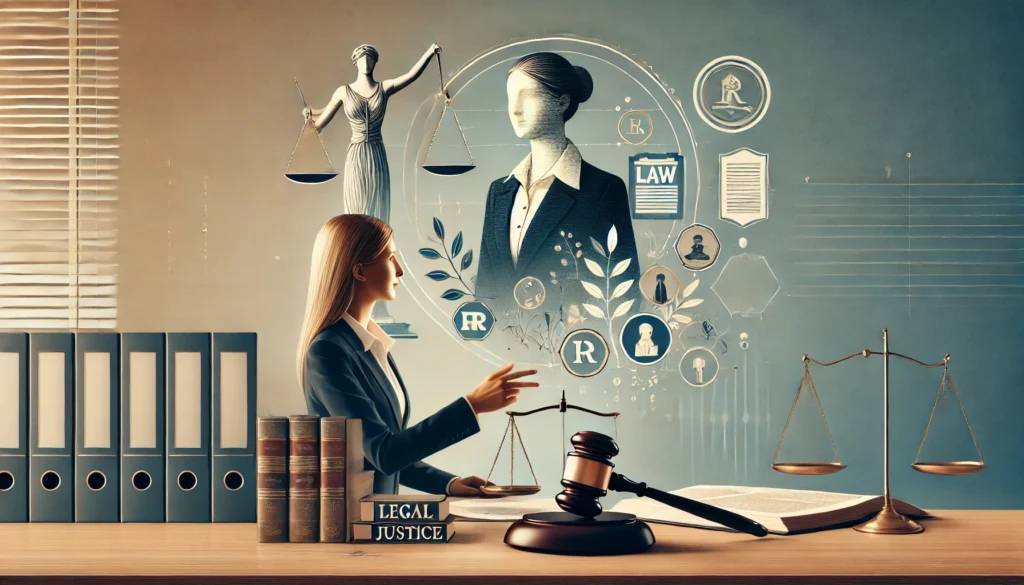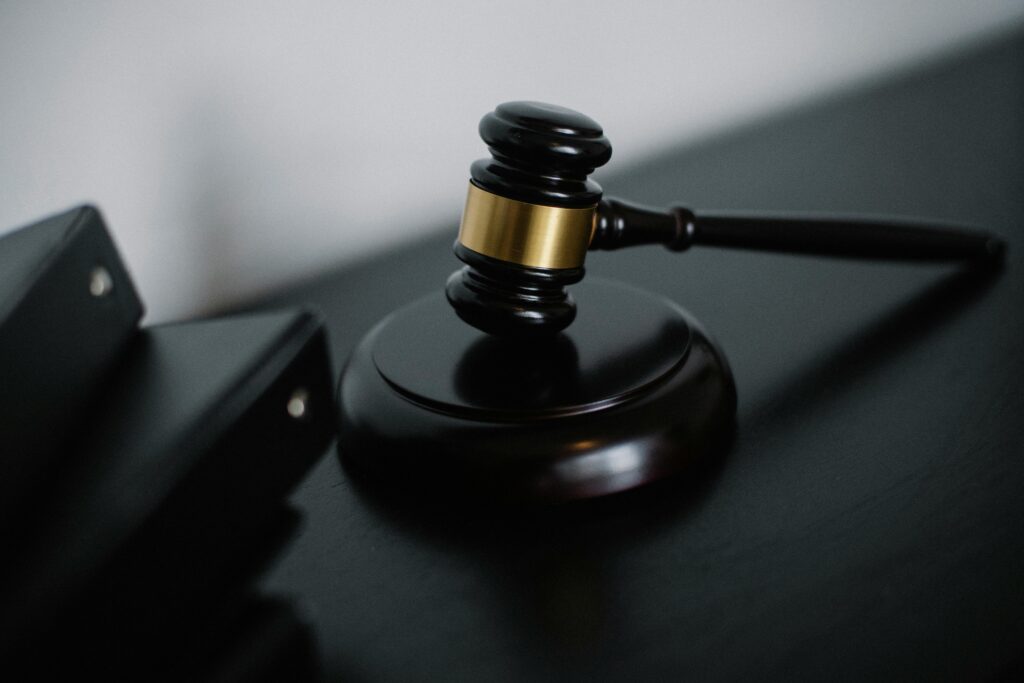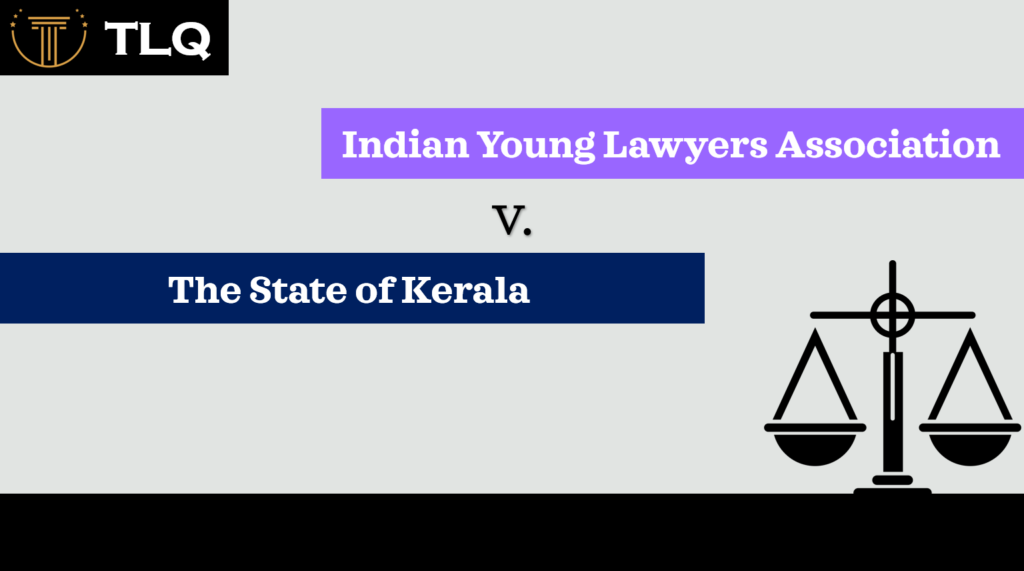Published On: 25th May 2025
Authored By: Sanjeeka Gupta
Amity University, Lucknow
ABSTRACT:
Defamation is a legal cause of action involving the communication of false and damaging statements about an individual, potentially resulting in harm to their social, political, or professional reputation. The law of defamation aims to protect individual character and the integrity of public institutions while upholding the value of free speech and public discourse. This delicate balance between protecting personal dignity and promoting open dialogue serves as a reflection of a society’s cultural maturity, liberal values, and practical governance.
KEYWORDS:
Defamation, False Statement, Political Reputation, Free Speech, Damage
INTRODUCTION:
Good name in man and woman, dear my lord,
Is the immediate jewel of their souls.
Who steals my purse steals trash. ‘Tis something, nothing;
‘Twas mine, ’tis his, and has been slave to thousands;
But he that filches from me my good name
Robs me of that which not enriches him,
And makes me poor indeed.
The protection of one’s reputation is recognized as a fundamental legal principle across many jurisdictions. Initially perceived as a safeguard for aristocratic pride, the relevance of protecting reputation has grown over time. The Universal Declaration of Human Rights (1948) affirms that no one shall be subjected to attacks on their honor and reputation, demonstrating the enduring importance of this right.
Defamation encompasses both spoken (slander) and written (libel) statements. Regardless of the medium, reputational harm must arise from communication to a third party.
In India, defamation is a critical legal issue that exists at the intersection of two essential constitutional rights: the right to freedom of speech and expression under Article 19(1)(a), and the implicit right to reputation, which is an integral component of the right to life and personal liberty under Article 21. These rights often come into conflict, as the exercise of free speech may sometimes result in injury to another’s reputation.
Defamation in India is addressed through both civil and criminal laws. Section 499 of the Indian Penal Code (IPC) criminalizes defamation, reflecting its potential harm to societal trust, individual dignity, and democratic participation. Simultaneously, the right to free expression is vital for a functioning democracy, empowering individuals to critique authority and engage in public debate without fear of reprisal.
This research paper explores the complex interplay between these rights. It delves into judicial interpretations, constitutional mandates, legislative frameworks, and landmark judgments, aiming to provide a comprehensive analysis of defamation law in India and its relevance within a democratic society.
ESSENTIAL ELEMENTS OF DEFAMATION:
STATEMENT:
The alleged statement must be false or untrue and directed in a way that affects the victim’s reputation. It must be specific and refer to the complainant in order to be actionable.
BURDEN OF PROOF:
The burden of proof lies with the plaintiff, who is required to demonstrate that the defendant made the false statement and that it resulted in harm to their reputation.
COMMUNICATION:
The defamatory statement must be communicated or published to a third party other than the person defamed.
HARM TO REPUTATION:
The statement must have caused tangible damage to the plaintiff’s reputation in the eyes of society.
INTENT:
There must be an intention to harm or knowledge that the statement is likely to harm the reputation of the complainant.
DEFENCES OF DEFAMATION:
1. Justification or Truth:
Truth is a complete defense in a defamation case. If the statement made is substantially true, the defendant cannot be held liable for defamation, regardless of the intent or malice. Even if minor details are inaccurate, as long as the core of the statement is true, the defense remains valid.
In Alexander v. North Eastern Railway, the publication of a statement that an individual was sentenced to a fine or three weeks’ imprisonment was deemed substantially correct. Since the core facts were accurate, the court dismissed the defamation claim.
2. Fair Comment:
A fair comment made in the public interest on a matter of public concern is a valid defense. Comments must be distinguishable from statements of fact. While facts must be true, opinions based on those facts, even if critical or harsh, may be protected.
For example, if an individual critiques a book by saying, “It is indecent and written by someone of impure mind,” that qualifies as a comment. However, stating, “The author is a man of impure mind because he wrote this book,” without publicly known facts to support the opinion, may be defamatory. Fair comments must not be based on false premises and should be genuinely held beliefs.
3. Privilege:
Certain statements are protected under the doctrine of privilege. The Constitution of India grants absolute privilege to statements made during legislative proceedings and extends the same to judicial proceedings.
Qualified privilege is also recognized in situations involving a duty or interest in making the communication. To claim qualified privilege, the following conditions must be met:
a. The statement must be made in good faith and without malice.
b. The statement must be made on a privileged occasion, such as in the performance of a legal, social, or moral duty.
As held in Adam v. Ward, a privileged occasion arises when the person making the statement has a duty to communicate it, and the recipient has a corresponding interest in receiving it. Reciprocity of interest or duty is essential.
LANDMARK CASES (JUDGMENT):
Arun Jaitley v. Arvind Kejriwal (2015):
This case involved allegations made by Arvind Kejriwal against Arun Jaitley, which were perceived to damage the latter’s public reputation. The Delhi High Court emphasized the need to differentiate between legitimate criticism and defamatory assertions. While public figures are expected to endure greater scrutiny, knowingly spreading falsehoods with the intent to harm reputation constitutes defamation. The court reinforced that defamation law should protect against malicious attacks without curbing democratic critique.
Shreya Singhal v. Union of India (2015):
The Supreme Court invalidated Section 66A of the Information Technology Act, which criminalized the transmission of “offensive” messages online. The court held that the provision was overly vague and had led to misuse, stifling free expression. It emphasized that any restriction on speech must be reasonable and precise. While not a direct defamation case, this judgment significantly influenced the jurisprudence of free speech and its boundaries in India.
Subramanian Swamy v. Union of India (2016):
In this significant case, the Supreme Court upheld the constitutional validity of Sections 499 and 500 of the IPC, which criminalize defamation. The Court ruled that the right to reputation is a facet of the right to life under Article 21. At the same time, it recognized the need to apply these provisions carefully to avoid suppressing dissent. The judgment confirmed that criminal defamation serves a legitimate aim in protecting individual dignity.
CURRENT CASE LAW:
Rahul Gandhi v. Union of India (2019):
During a public rally in Kolar, Karnataka on April 13, 2019, Rahul Gandhi stated, “Why are all these thieves named Modi? Nirav Modi, Lalit Modi, Narendra Modi.” This comment triggered multiple criminal defamation cases, culminating in his disqualification from the Lok Sabha in March 2023.
On April 16, 2019, BJP MLA Purnesh Modi filed a criminal defamation case under Sections 499, 500, and 504 of the IPC in Surat, claiming that the statement defamed the entire Modi community. The Chief Judicial Magistrate’s Court registered the complaint in May 2019.
Rahul Gandhi defended his remarks as targeting corruption, not a specific community. However, on March 23, 2023, the Magistrate’s Court found him guilty of criminal defamation and sentenced him to two years of imprisonment. The sentence was subsequently suspended, and Gandhi was granted bail with the opportunity to appeal to a higher court.
CONCLUSION:
In conclusion, this paper offers an analytical perspective on the legal framework of defamation in India, including its civil and criminal dimensions. It outlines the key elements required to constitute defamation, the available defenses, and critical judicial decisions shaping the current legal landscape.
Balancing the right to free speech with the need to protect reputation remains a complex and evolving legal challenge. Through landmark judgments such as Shreya Singhal and Subramanian Swamy, the Indian judiciary has attempted to navigate this delicate balance, underscoring the necessity of clear legal definitions, judicious application of laws, and safeguarding of democratic principles.
REFERENCES:
https://ijlr.iledu.in/wp-content/uploads/2024/08/V4I2132.pdf
https://www.livelaw.in/tags/defamation
Shakespeare, Othello, III, iii.155-61(Iago).
G.A. Res. 217 A(III), U.N.Doc. A/810, at 71 (1948).
In some cases, a person may also be defamed by conduct. Several courts have held or recognized that acts without words, signs or picture may amount to actionable defamation. See Annotation, libel or slander. Defamation by Gestures or Acts, 46. A.L.R.4th 403, 409 (1986)
W. KEETON, D. OWEN, PROSSER AND KEETON ON THE LAW OF TORTS 111, at 774(5th ed. 1984) [hereinafter PROSSER & KEETON]; see also RESTATEMENT
Alexender v. North Eastern Rly [(1885)6 B & S 340]
The court in Adam v. Ward, [(1917) AC 309]
(Arun Jaitley v. Arvind Kejriwal, (2015) 1 SCC 724).
(Shreya Singhal v. Union of India, (2015) 5 SCC 1)
(Subramanian Swamy v. Union of India, (2016) 7 SCC 221)
A 2-Judge Bench comprising Justices B. R. Gavai and P.K. Mishra heard Congress Party leader Rahul Gandhi’s plea against an Order of the Gujarat High Court, which upheld a Magistrate Court decision convicting him for criminal defamation.




